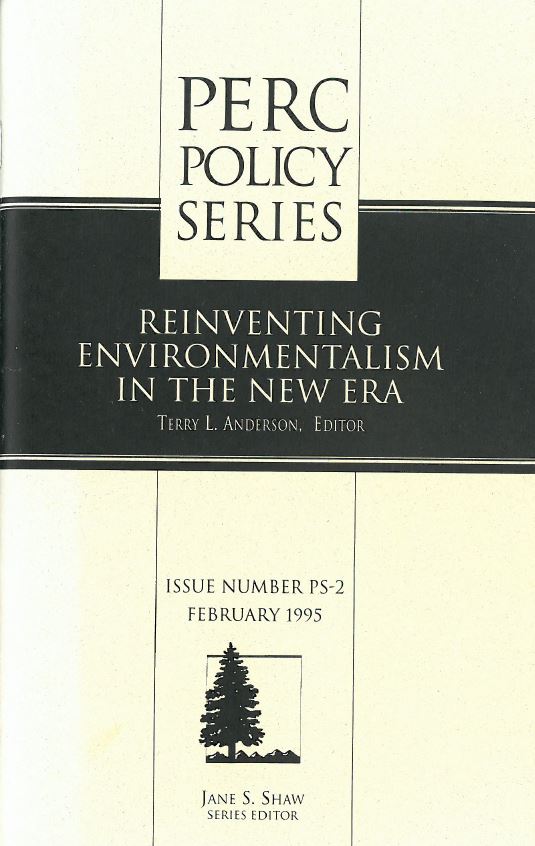Research
Reports
Reinventing Environmentalism in the New Era
The political upheaval that occurred in November 1994 provides an opportunity to establish a new environmental agenda. This must be a positive agenda–one that will protect environmental quality and at the same time restore fiscal responsibility, lift onerous regulation, and promote the fair application of environmental laws.
Property Rights Legislation in the States
Since the late 1980s, many Americans across the country have found that they cannot farm, ranch, or build homes on portions of their land. Why?

